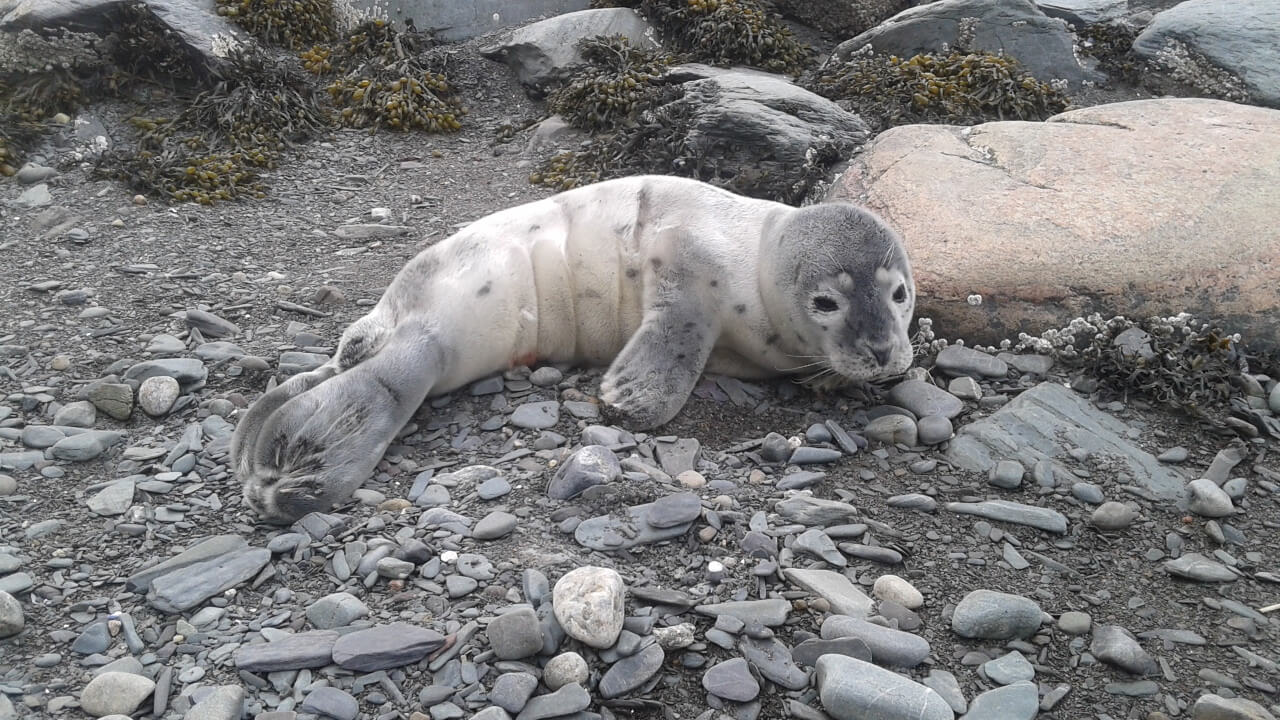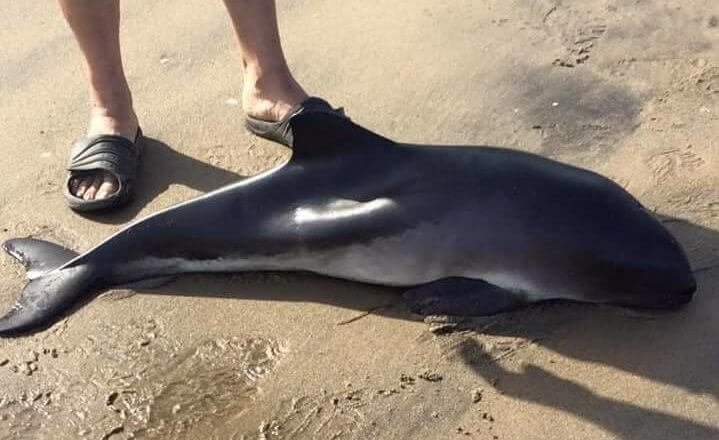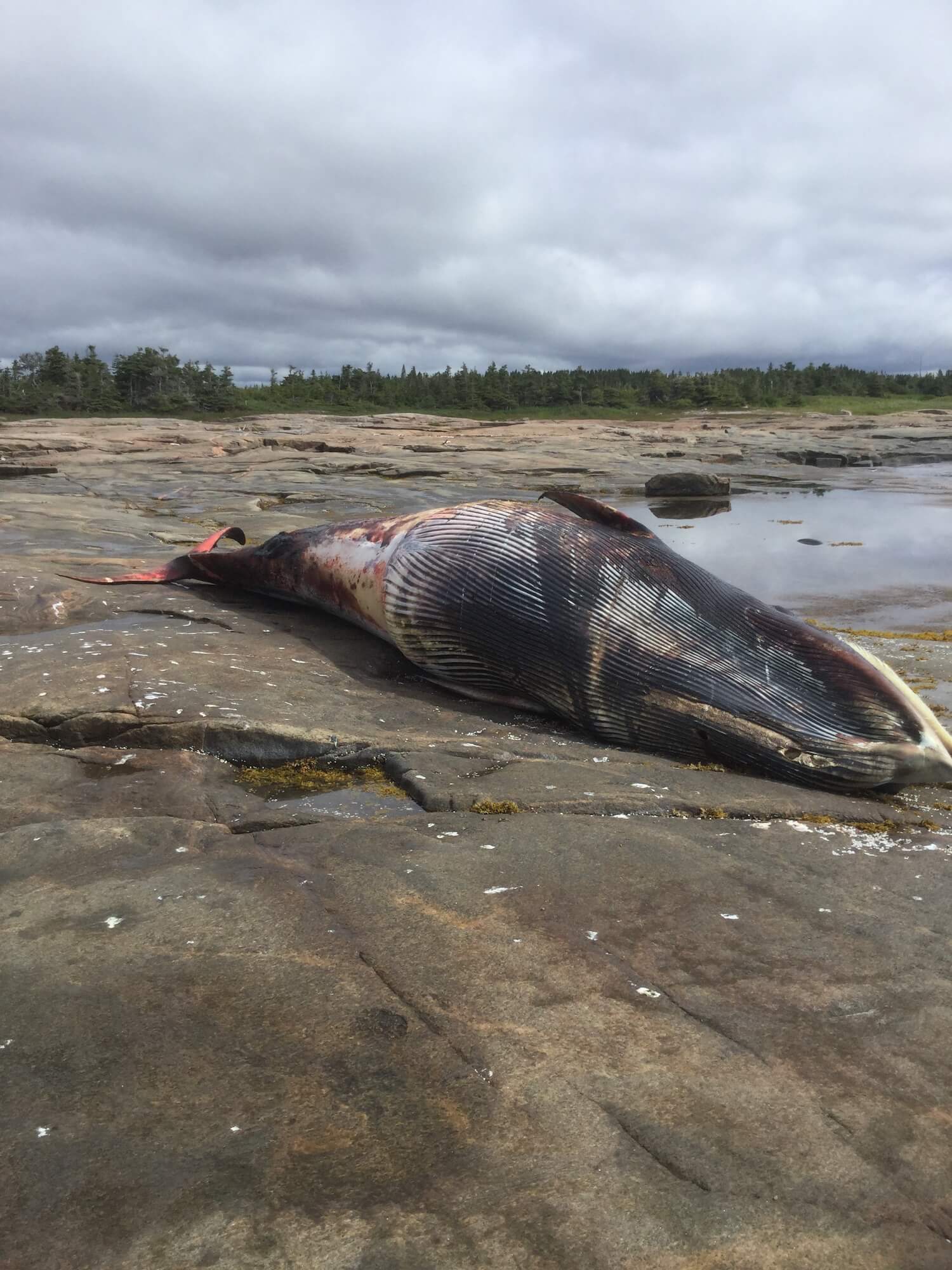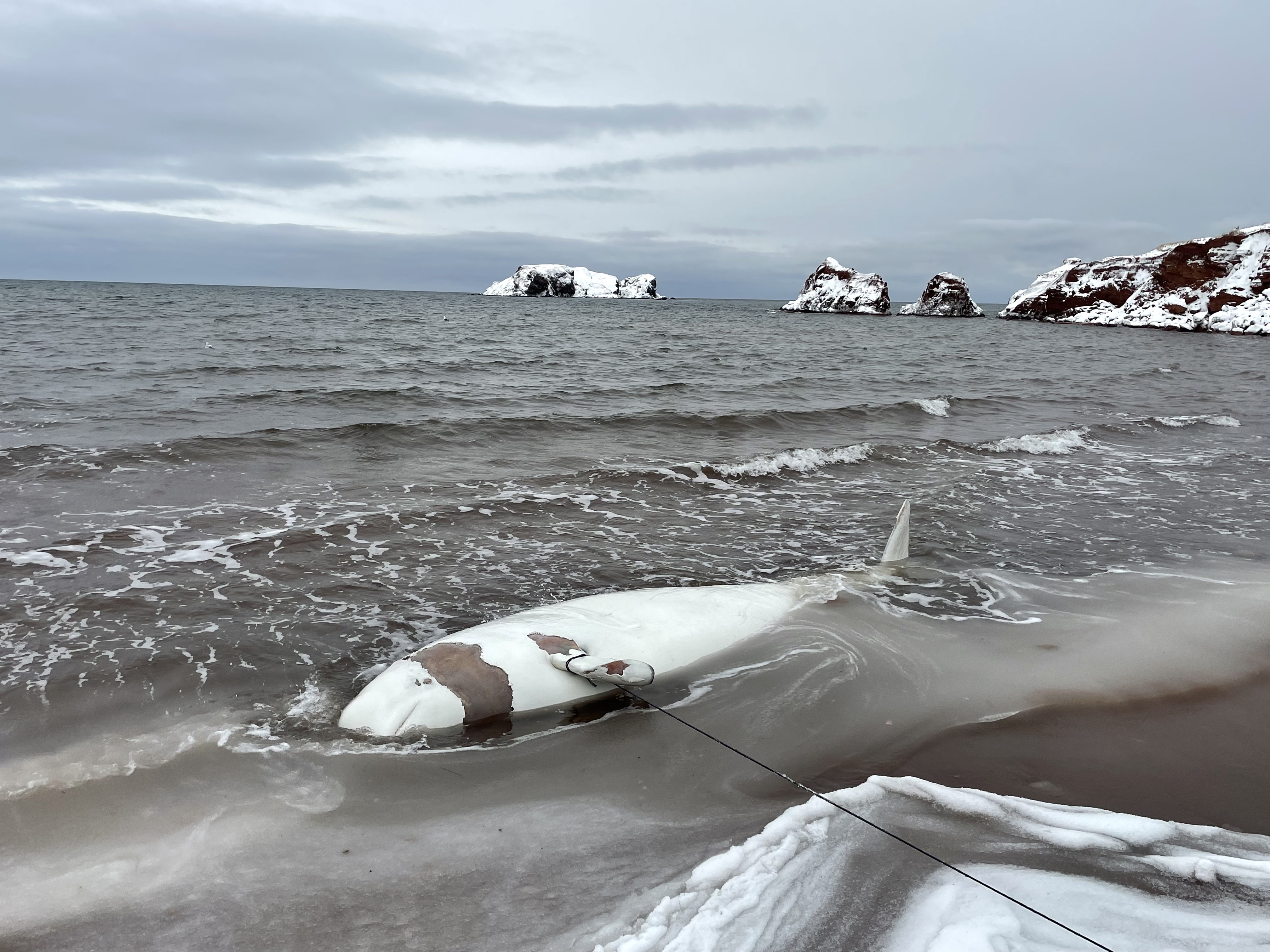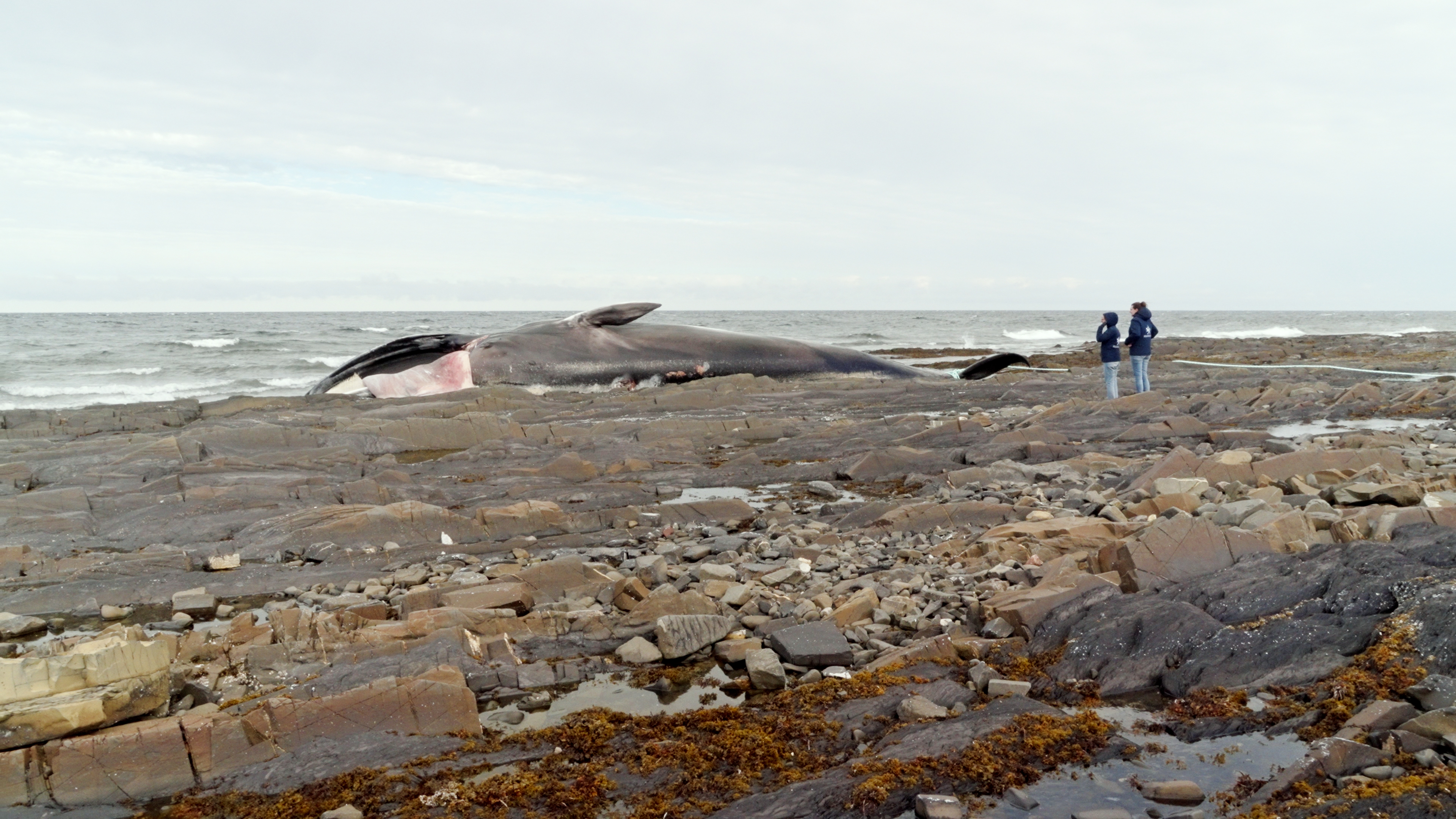With the call centre team handling dozens of calls daily already in these first few days of August, the season is in full swing at 1-877-7baleine. With the tourist season booming, many sets of eyes are scanning the waters both from shore and at sea!
Pleasure boaters are reporting minke whales straying as far upstream as L’Isle-aux-Coudres and Berthier-sur-Mer; tourists are experiencing their first contact with young seals resting on shore in the Bas-Saint-Laurent and Côte-Nord regions; marine research teams are observing a variety of live whales, some of them emaciated or with deep scars that bear witness to an earlier accident; and fishermen are reporting cetaceans swimming with fishing ropes and buoys wrapped around their bodies.
A diversity of marine mammals leads to a diversity of incidents
There are many, often complex, cases involving a large number of participants. Marine Mammal Emergencies is responsible for documenting these incidents, collecting data from carcasses and coming to the aid of animals in difficulty whenever resources are available.
In addition to interventions in the field, the call centre team plays a crucial role in raising awareness. A seal has been lying on shore for a long while? Please, do not disturb it! A sighting of a whale swimming freely with ropes in tow? It is important to explain to observers the risks associated with such a situation and the different steps of an intervention, if one can be made. A carcass washed up on shore in front of your chalet? It is important to inform local residents that they represent an unparallelled source of information for partners of the Quebec Marine Mammal Emergency Response Network, who will travel or otherwise dispatch volunteers to collect data on the animal. Arriving at the site of a live stranded whale? Rules of safety must be quickly shared with people on the beach by our call centre team, who will promptly send a specialized team to administer first aid to the animal. A veterinarian will also be consulted to assess whether releasing it back into the water is the preferred option.
Take note of the number: 1-877-7baleine
Collaborating with individuals who frequent the St. Lawrence River and its shores is essential for Marine Mammal Emergencies to achieve its mandate. If you witness an incident involving a seal or a whale in difficulty, or if you see a carcass at sea or stranded, it is important to report it toll-free to 1-877-7baleine (1-877-722-5346). Someone will be on duty to answer your questions and collect information, any time of the day, any day of the year!
Caution warranted
Marine mammals face many threats, including disturbances, collisions with boats and entanglements in fishing gear. The St. Lawrence offers a rich environment that attracts animals and nature enthusiasts alike. In this season of recreational boating, it is important to be extra vigilant to avoid disturbing or injuring marine mammals. Be careful as well if you discover a carcass: do not touch it, as it may be covered with disease or bacteria, and that’s the last souvenir we want to bring back from our vacation!



